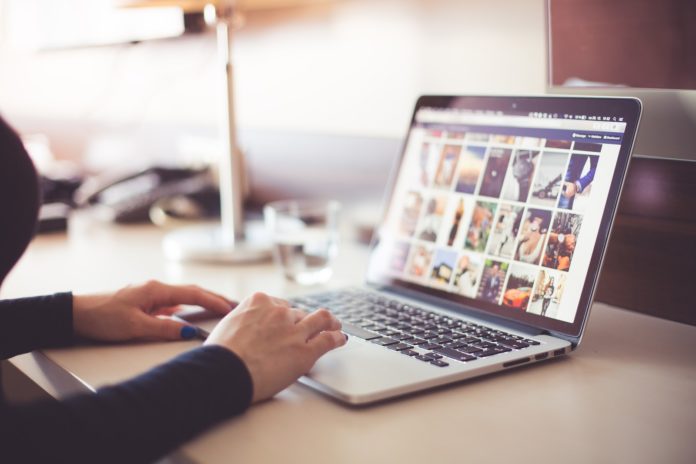The Internet has greatly benefited humankind as a whole. It has also become an indispensable part of many people’s life over a relatively short period of time. You can even say that the Internet is one of mankind’s greatest inventions on the same scale as electricity.
However, no matter how great something is, there is always a downside, and this includes the Internet.
Here are five practices for you to stay safe while using the Internet.
1. Learn to Detect Suspicious Messages
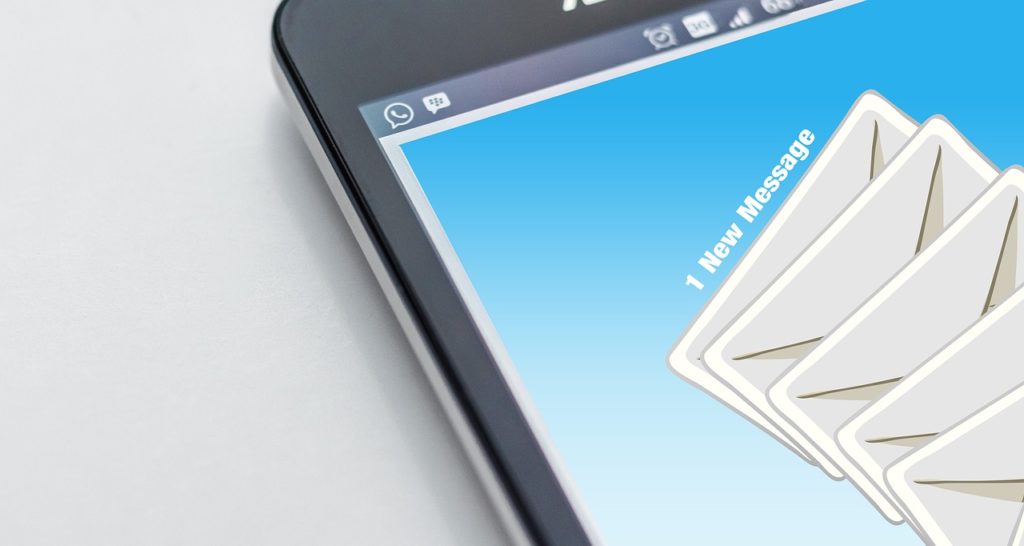
Hackers these days are more intelligent than you think, and this makes it difficult to tell a real message from a fake one.
The first thing to do upon seeing a suspicious email is to pause and ask yourself if you have ever engaged with this sender/website previously.
If you are unsure, try using this website to check for potential harmful links. This will reduce but not eliminate your chance of being a victim of online scams.
You can also try contacting the company in question to verify its legitimacy, especially if a suspicious webpage asks for your personal information. It is also advisable to look up the sender’s email address on a search engine to see if anyone has posted anything regarding the subject.
This will serve as another layer of protection before you decide whether or not to engage with the sender.
2. Always Protect Your Identity
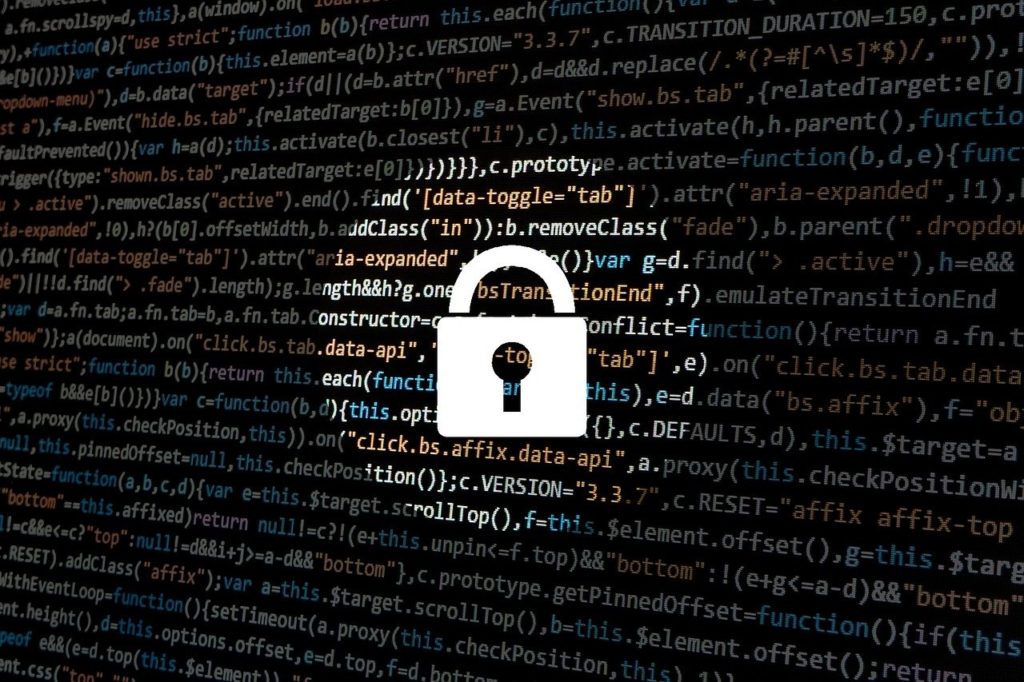
You should never share your personal information on the web since hackers can utilize the data to identify and impersonate you.
One way to protect yourself is to make sure that your passwords are different for each website/app. Routinely changing your passwords is another good habit that you can and should practice. Enabling two-factor authentication (2FA) is a third step that you can use to add an extra layer of online protection.
Als,o remember to always cover up your webcam when not in use with a piece of Post-it Note. You never know who could have hacked your webcam and is spying on you discreetly.
3. Learn to Recognize Scams and Scammers
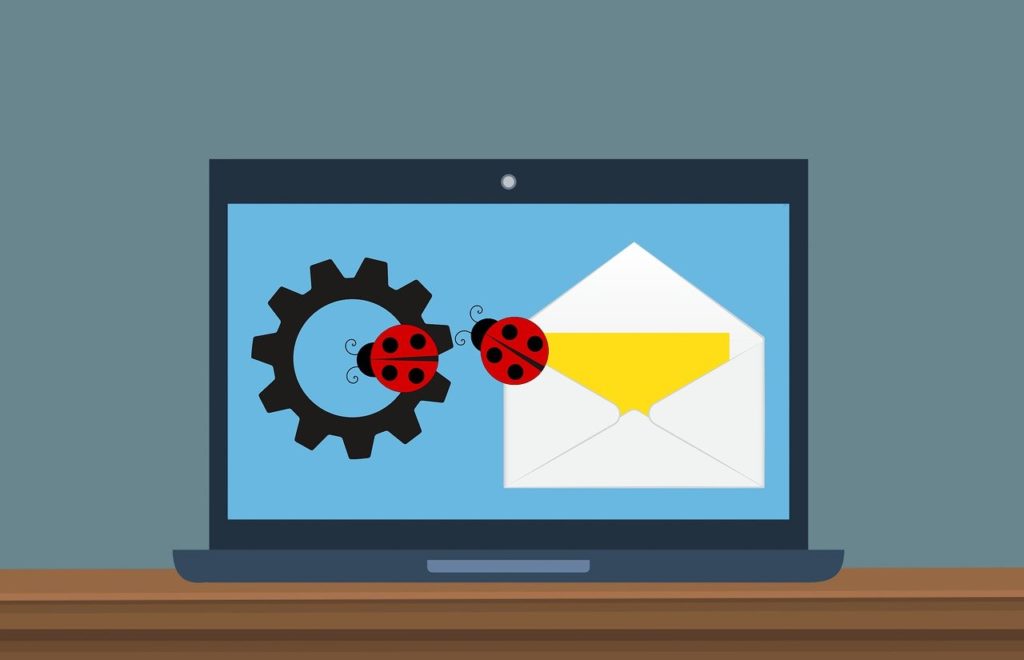
The Internet has made it easy to remain anonymous from others because anyone can create any sort of online identity.
It, therefore, makes sense to always verify before trusting anyone you meet online, especially if it is someone you have never physically met or know little about.
Be sure to never meet up alone with him/her if you ever decide to do a physical meetup for at least the first handful of times. Remember also to always inform your family/friends about your whereabouts. Meeting up in the daytime is also preferable to night meetups and should always be at a public place with many people around.
It pays to keep in mind the saying, “If it’s too good to be true, it probably is.”
4. Always Keep Your Software Updated
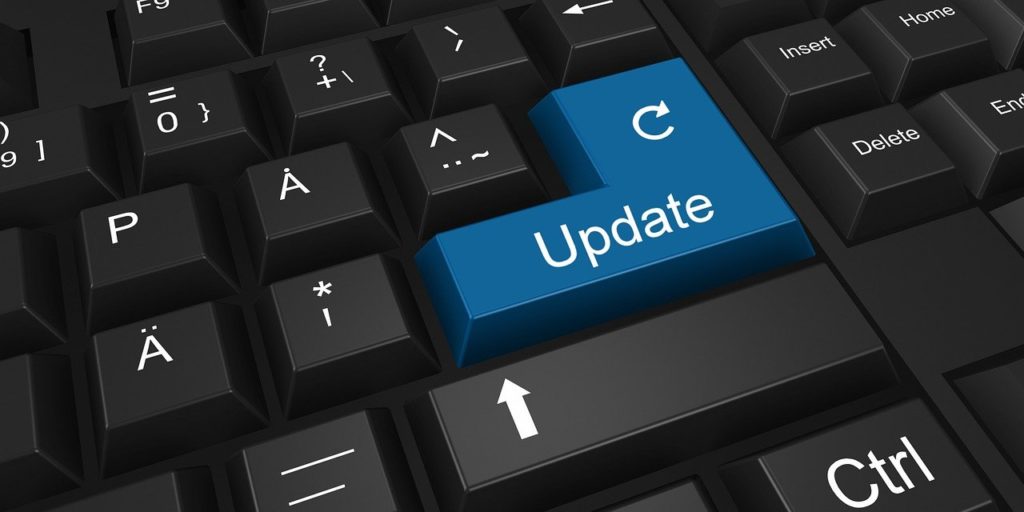
One of the first software you should install on your computer is an antivirus software.
The second would be to always keep your computer’s operating system up-to-date since bugs and loopholes will always exist. Your operating system’s default security settings should only be changed if you are knowledgeable enough to tinker with them.
The third step is to update all your apps since this too can be a source that hackers can exploit.
Minimizing the number of apps will also reduce your chance of being compromised.
5. Be Aware Of Your Online Audience

Social media has been a great and convenient way for us to share our life’s journey online. It has allowed us to discover old classmates/friends, kept us updated on each other’s activities, and obtain real-time reactions to what we post.
But you’d be mistaken if you think social media sites are on your side when it comes to privacy.
Why?
The answer is social media platforms sell your information to advertisers, which is how they make money. This also means that these companies’ profit-oriented objectives, and their users’ privacy, are rarely if ever, aligned.
Your safety actually depends on you the majority of the time. But when using social media, consider the following people using it other than your family and friends.
- Identity thieves: Cybercriminals generally require just some basic information to access your financial assets. Many people’s private information can be easily found on networking sites, making it a breeze for thieves to impersonate their victims.
- Online predators: Be wary that stalkers are everywhere, even online. So are predators like sex offenders or other criminals. You should therefore refrain from posting your daily schedule online, especially if it’s location-enabled. This is because knowing your daily movements and whereabouts makes it is easier for others to track and victimize you.
- Your employers: Many managers shortlist potential candidates and keep afloat of current employees through social media, job sites, and search engines. What you post online could place you in a negative light to your current or future employers, particularly if your profile picture or post highlights you doing something sketchy or “not exactly astute.” It is highly advisable that you think twice before posting anything.
It Pays to be Internet Savvy
You now understand why sharing your own data for the world to see can be very dangerous.
It doesn’t have to be this way, though. There are a lot of simple steps that you can take to make the online environment a lot safer.
Ultimately, it remains your responsibility to remain diligent on the Internet if you wish to avoid unwanted situations.
That being said, the Internet is a tremendously useful tool that you can safely use as long as you take the proper precautions.

